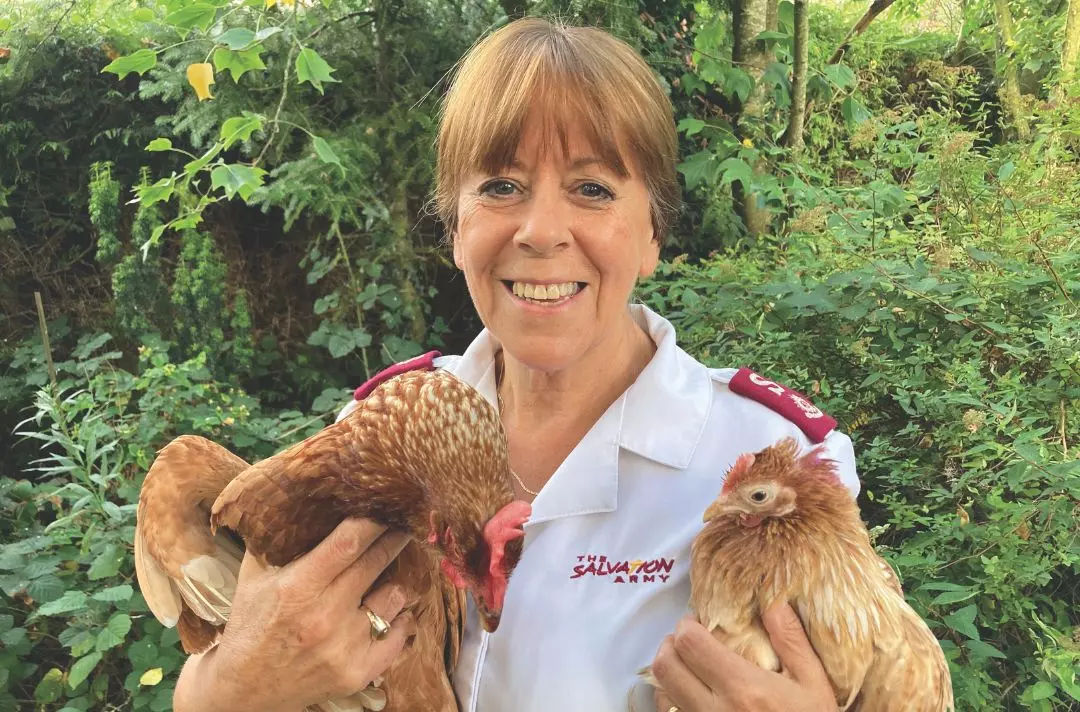28 September 2022
Forest of Dean: Becoming an eco church
Simon Hope
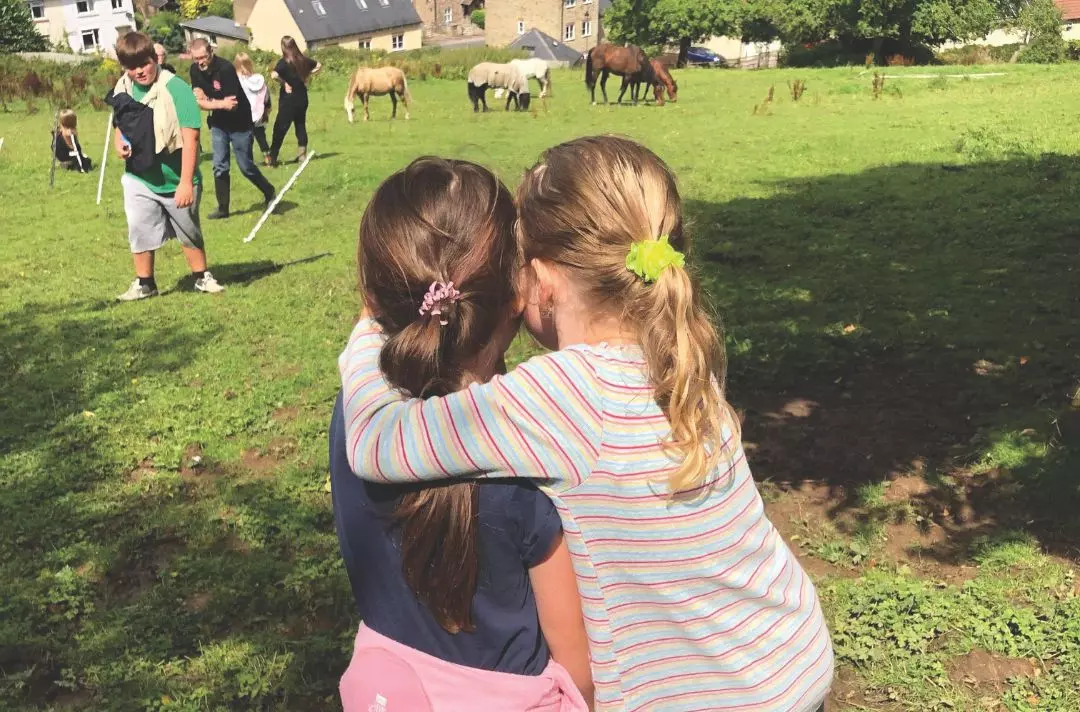
It's The Great Big Green Week (24 September – 2 October) and Simon Hope finds out how mission and environmentalism are intertwining in the Forest of Dean.
What does it mean to make a corps eco-friendly? This may conjure thoughts of hastily bolted-on projects that do little more than slap gaffer tape on a leaking ship. But take a trip to Forest of Dean Corps and they will show you how they live out ministry and care for creation as one and the same.
The work of the fresh expression spreads across three sites – a chapel, a pub and a field – each of which serves a specific purpose. Complementing this unique setup is a unique programme.
Just as the ancient forest itself has changed over the centuries, so too does the fellowship’s ‘current response to our community’, or ‘Croc’ for short. Major Vivienne Prescott explains how this terminology helps the corps feel able to adapt to changing times – to let something go or start something new.
‘We’re organic,’ she emphasises. ‘We’re constantly looking to respond to the needs that God is making us aware of. Everything evolves. I could be talking to you this week about what we are doing and next week that could look quite different!’
The beauty of Croc is that it is not enforced from the top down. This grassroots approach means that corps members expect change and would be disappointed to see any programme set in stone. Such flexibility means that the mission never sits still.
Nevertheless, each location caters towards specific themes. Shared with their United Reformed Church family, the chapel houses a food bank and food share café. So far, all the items on offer have been gifted by nearby shops, and people are encouraged to simply turn up and help themselves to what they need. Recently, however, this has changed as donations have reduced.
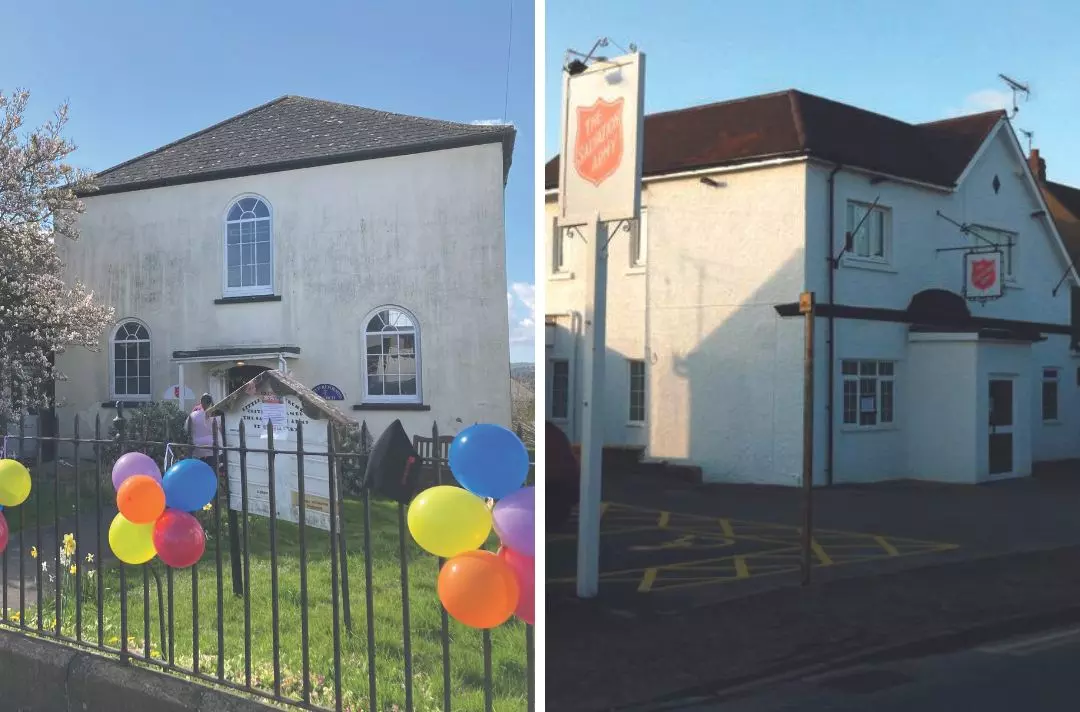
As an already established eco church, the solution seemed obvious: the team began branching out to supplement the dwindling supply with homegrown fruit and veg. Unused beds on the grounds of the chapel have provided the perfect place to plant produce.
‘We’re trying to be ahead of the game here,’ says Vivienne. ‘We’re anticipating that it’s going to get harder before it gets easier, and we’re going to grow as much as we can.’
The Salvation Army’s fully refurbished pub in Broadwell, meanwhile, has become a hub of learning. A string of conversations brought light to the fact that local families frequently rely on convenience meals. The reason behind this is less to do with convenience and more to do with a lack of confidence around sourcing and preparing fresh food.
This sowed the seed for Plot to Pot, a series of courses run out of the pub that teach people how to grow food and cook seasonally. Seasonal food has the benefit of being cheap, healthy and good for the environment, fitting perfectly with the mission of the corps.
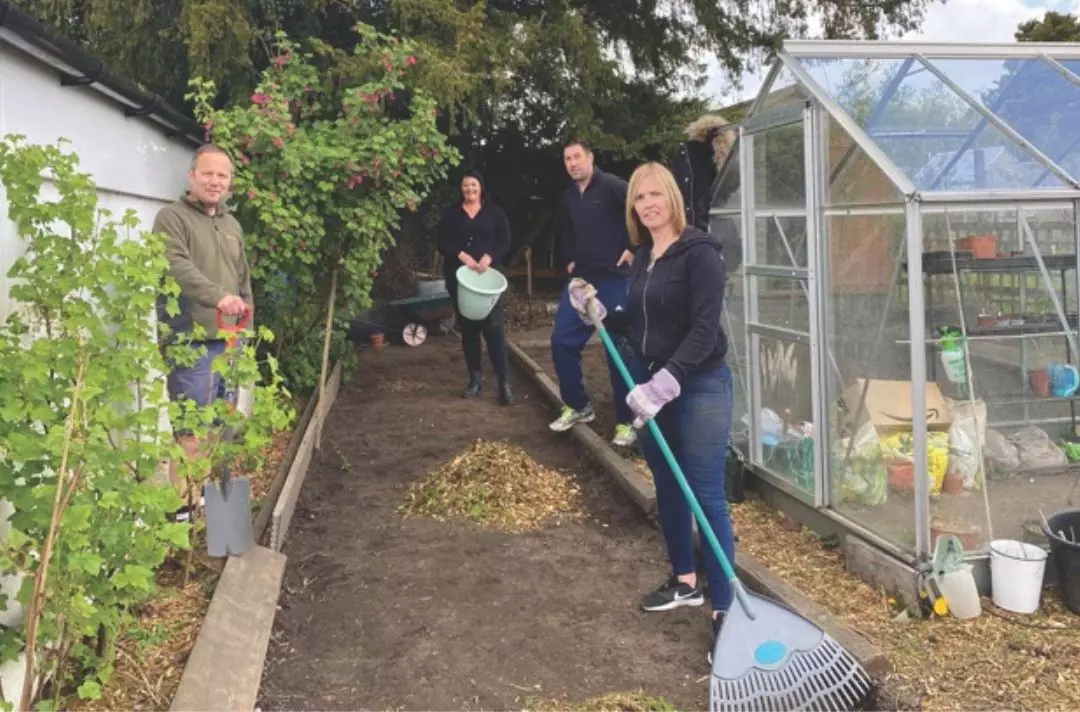
The corps gave the pub garden over to a growing space, with local folk working communally and harvesting as they need. To top this off, the hub is giving out starter packs to help people reap the benefits of their new skills at home.
Over in the 3.5-acre field, the Growth and Learning Equine-Assisted Ministry (Gleam) has been helping young people find their voice for the past eight years. In addition to the support the animals provide, a new initiative offers people the opportunity to sit in a moment of tranquillity.
A muck heap has been revitalised into a gated garden. This new space allows people to step away from the bustle of the animals and sit quietly in nature. There is also an important ecological motive behind the creation of the garden, as it will promote biodiversity in an area that has been largely used for grazing.
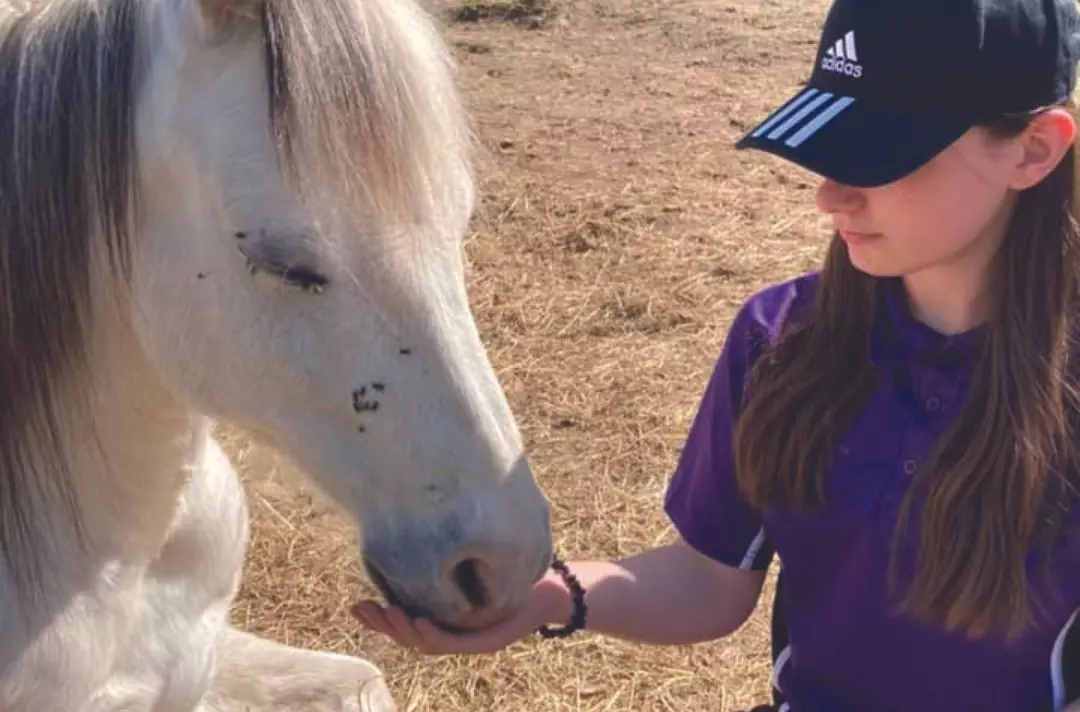
All in all, Forest of Dean Corps has gone a long way to show how ‘programme’ and environmental sustainability can be intrinsically linked. But what if you don’t have access to acres of land or growing spaces?
Vivienne is keen to underline that a key impetus was registering with Christian eco-charity A Rocha.
Working towards a bronze Eco Church award meant facing and addressing small challenges one step at a time. This is a journey that any Salvation Army expression could take.
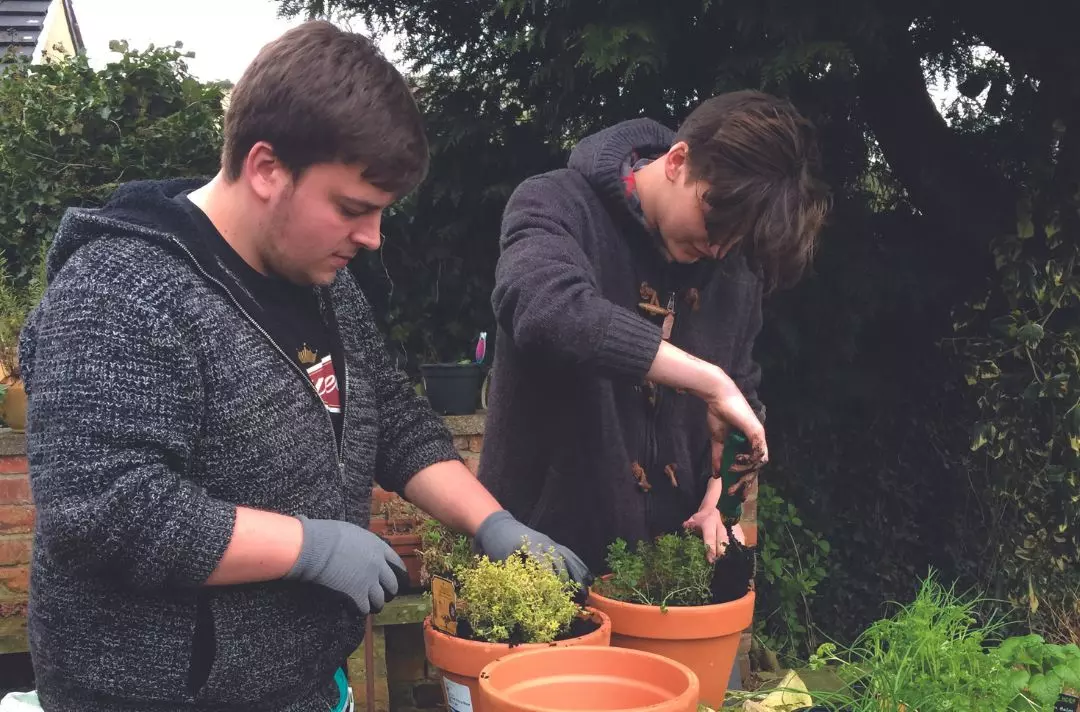
‘If this is something you want to do, look at what’s involved in becoming a bronze-award Eco Church,’ Vivienne encourages. ‘Even the questions we ask ourselves as part of the process are a great tool to addressing issues that we may have as a worshipping community.
‘And it’s not only looking at our church, but also looking individually to see what we’re doing at home and in our own environments. It’s about making those changes while encouraging that as a church. Anything can have such a significant impact.’
Whether it’s a greater focus on household recycling or a commitment to reduce the amount of meat we consume, environmentally aware change is important for us all to consider as we strive to care for creation. After all, can we really experience fullness of life if God’s creation isn’t protected and cared for?
- 24 September – 2 October is The Great Big Green Week, a campaign by the Climate Coalition, of which The Salvation Army is a member. Find out how you can get involvement via greatbiggreenweek.com.
- Find out more about becoming an eco church: in England and Wales, visit ecochurch.arocha.org.uk; in Scotland, visit ecocongregationscotland.org; and in Ireland, visit ecocongregationireland.com.
Written by

Simon Hope
Editorial Assistant
Discover more

The Kids Alive! team celebrates The Great Big Green Week (24 September – 2 October).
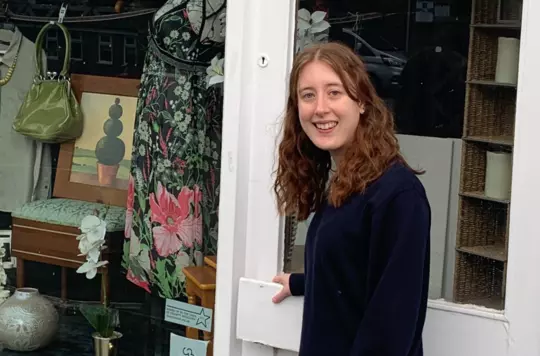
University student Yelena Grase Jurkenas shares seven eco-friendly habits and reflects on God’s invitation to care for creation.
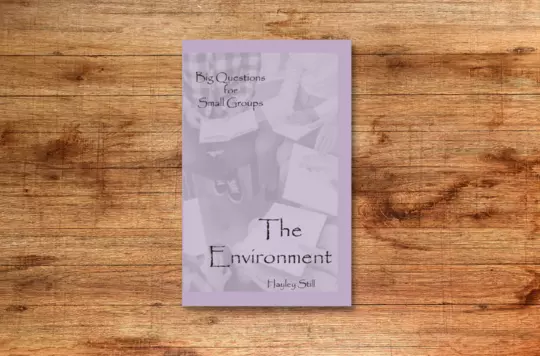
Ahead of COP26, Hayley Still tells Emily Bright about her new book, 'Big Questions for Small Groups: The Environment'.

The Salvation Army's International Positional Statement on Caring for the Environment.
